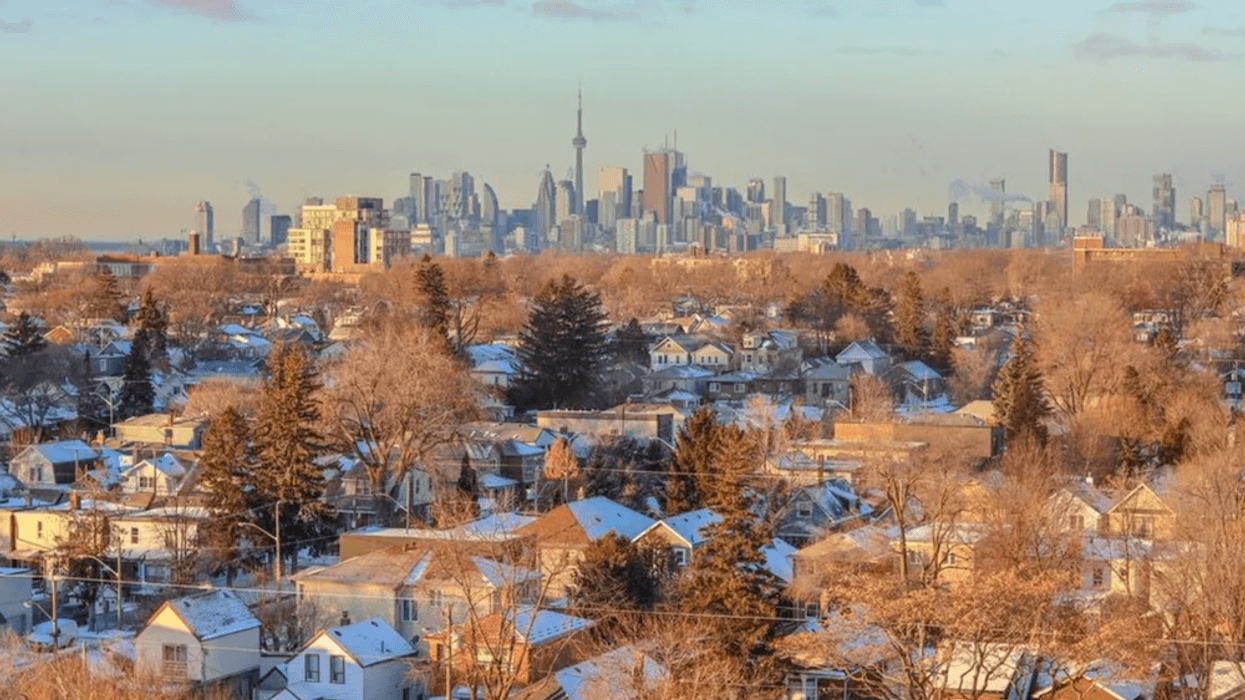Housing Inventory
Explore housing inventory in Canadian real estate — why it matters, how it's measured, and how it affects market conditions and strategy.
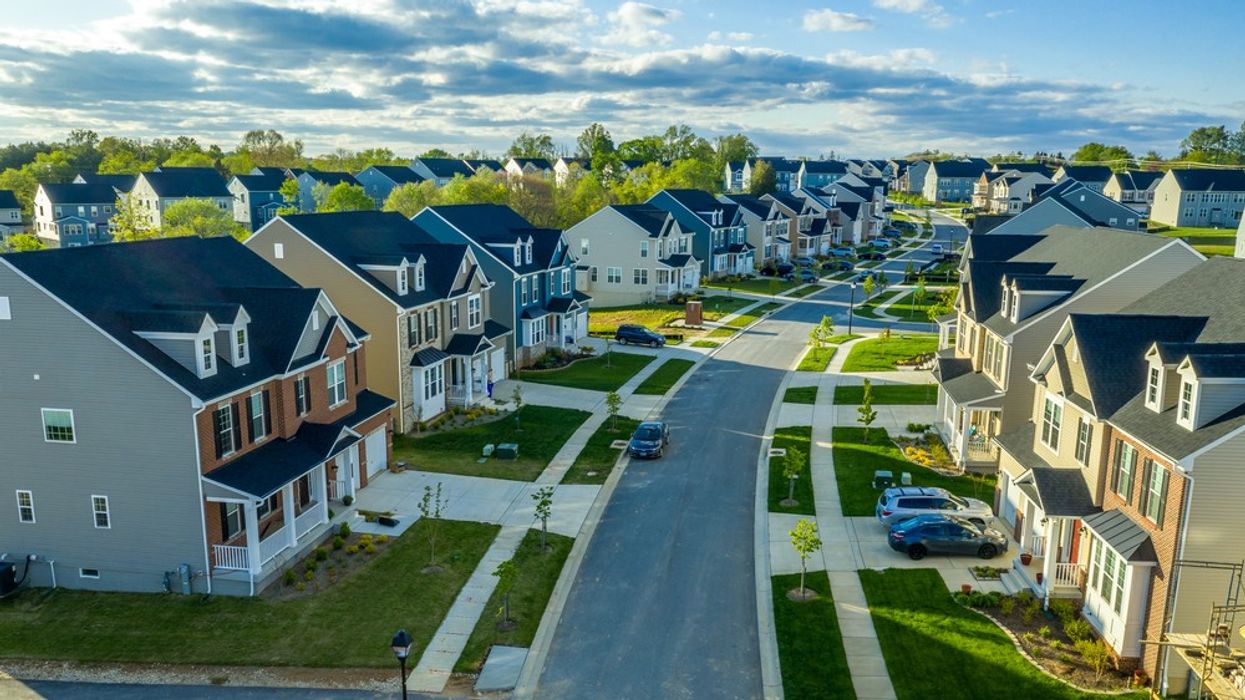
June 09, 2025
What is Housing Inventory?
Housing inventory refers to the total number of homes available for sale in a specific real estate market at a given time.
Why Housing Inventory Matters in Real Estate
In Canadian real estate, housing inventory is a critical factor in determining market conditions, such as whether it's a buyers’ or sellers’ market.
Low inventory typically leads to:
- Increased competition among buyers
- Higher sale prices and bidding wars
- Reduced time on market
High inventory, on the other hand, gives buyers more options and negotiating power. Inventory levels are tracked by real estate boards and influence pricing, development, and marketing strategies.
Understanding housing inventory trends helps buyers, sellers, and investors make informed decisions about timing and pricing.
Example of Housing Inventory in Action
With only a two-month supply of homes in the region, analysts flagged a record low in housing inventory, pushing average prices upward.
Key Takeaways
- Reflects number of homes actively for sale
- Helps determine market competitiveness
- Low inventory drives prices up
- Influences seller strategy and buyer urgency
- Used in industry reporting and analysis
Related Terms
- Buyers' Market
- Sellers' Market
- Sales-To-New-Listings Ratio (SNLR)
- Market Type
- Housing Supply

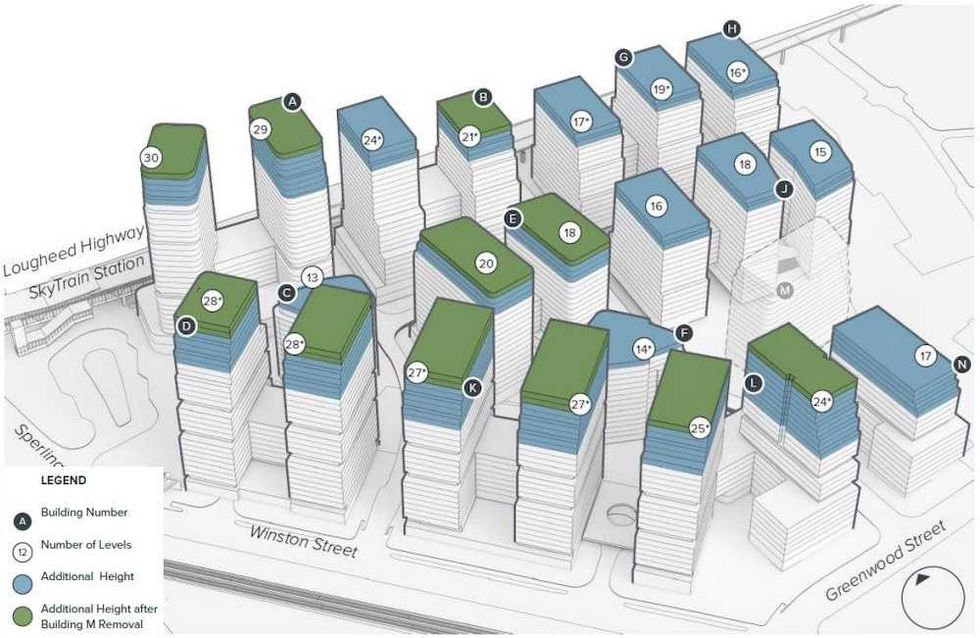 Building height changes from the previous master plan apllcation. (Peterson)
Building height changes from the previous master plan apllcation. (Peterson)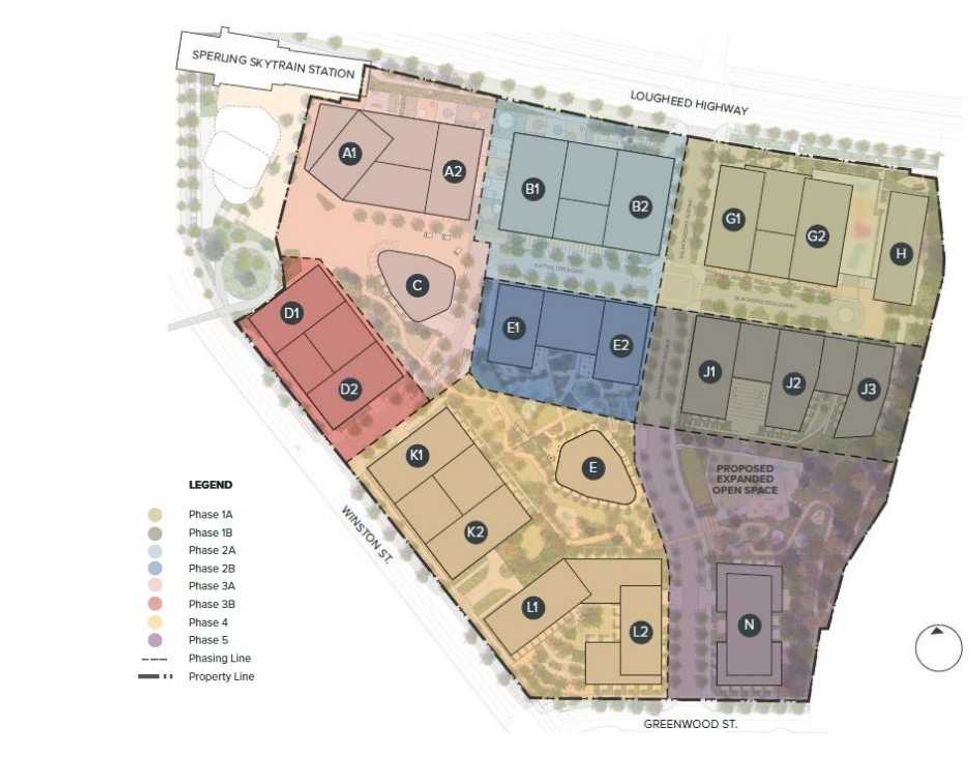 An overview of Blake Village and the phasing plan. (Peterson)
An overview of Blake Village and the phasing plan. (Peterson)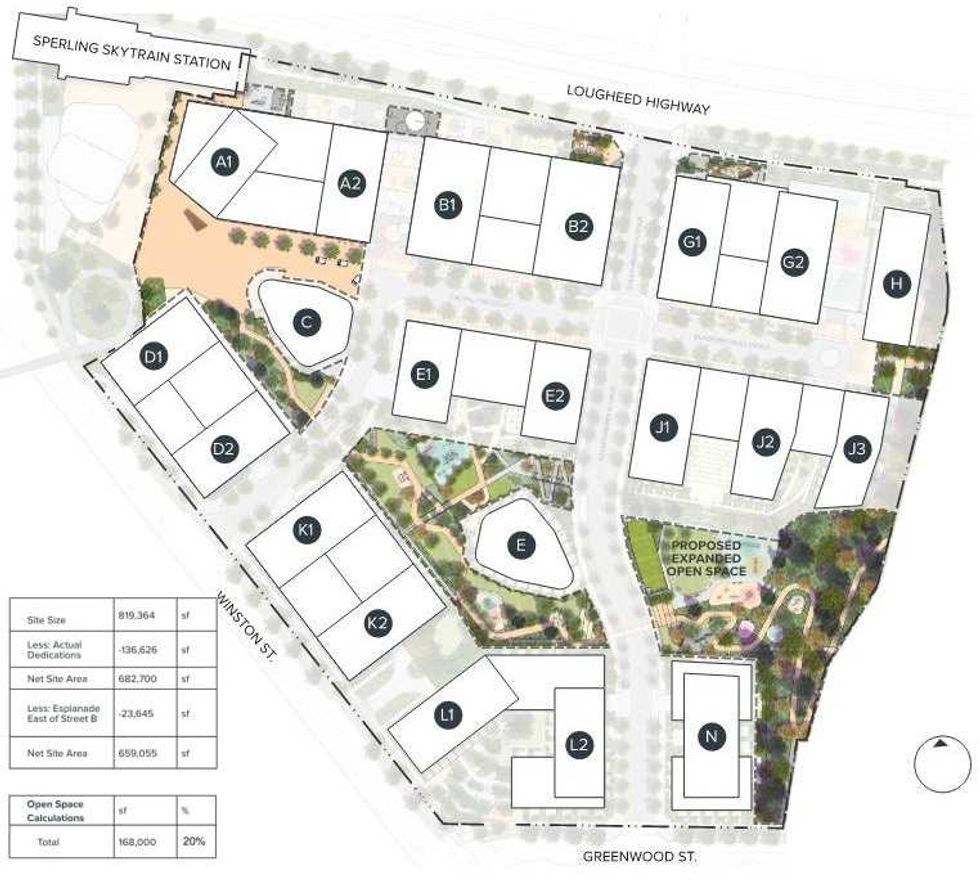 An overview of Blake Village and planned open space. (Peterson)
An overview of Blake Village and planned open space. (Peterson)


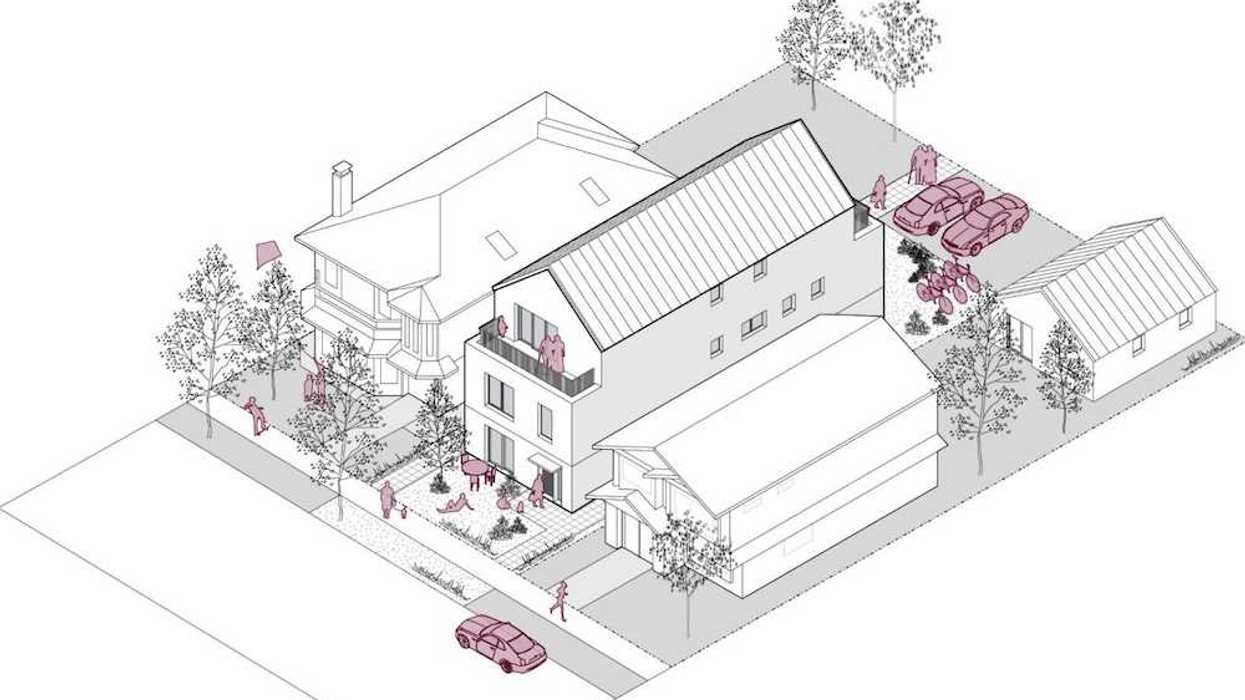
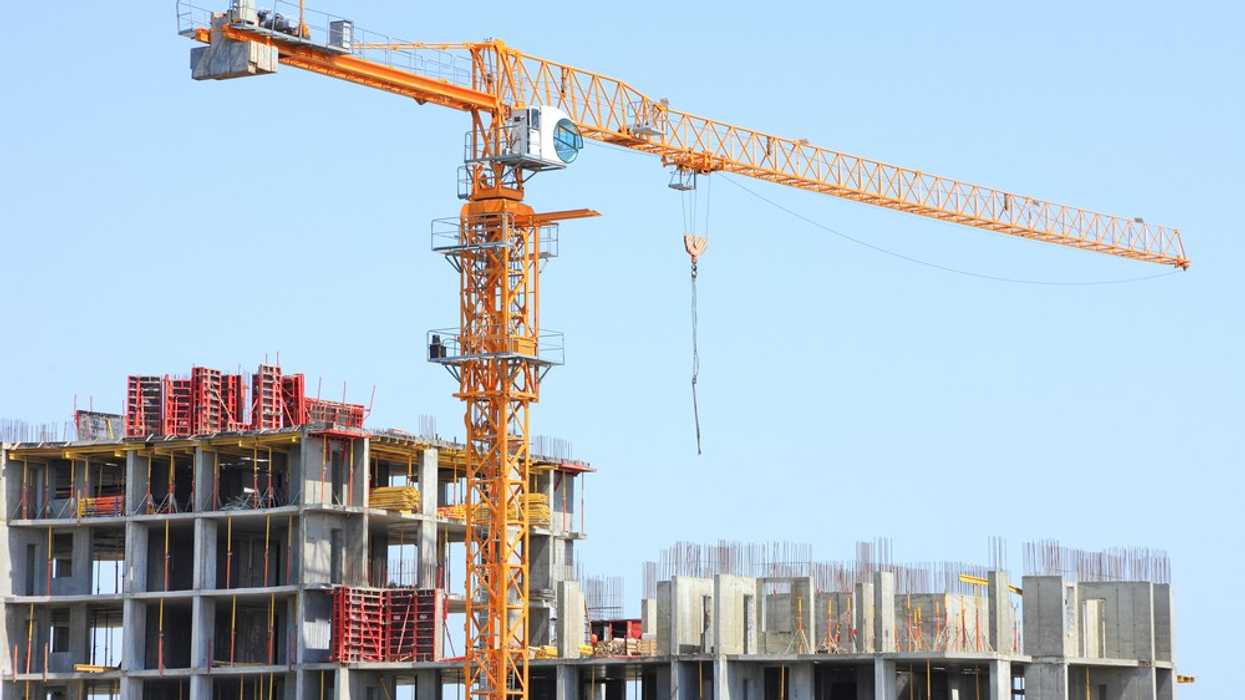



 Eric Lombardi at an event for Build Toronto, which is the first municipal project of Build Canada. Lombardi became chair of Build Toronto in September 2025.
Eric Lombardi at an event for Build Toronto, which is the first municipal project of Build Canada. Lombardi became chair of Build Toronto in September 2025.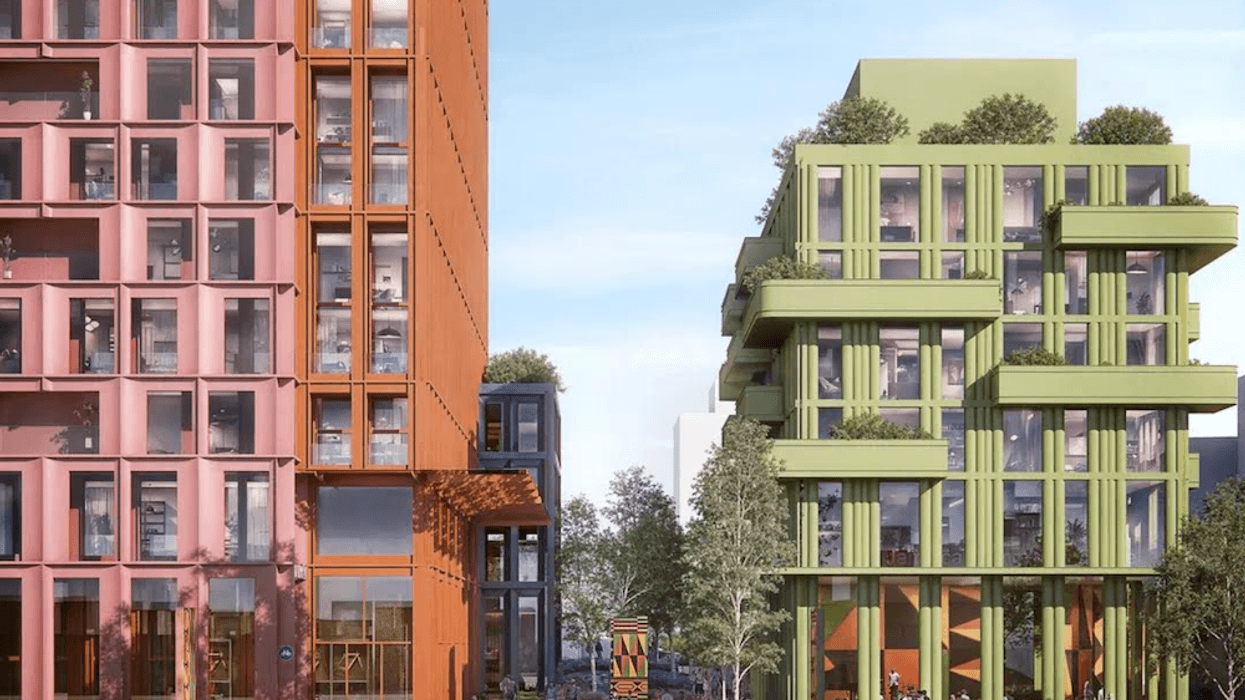
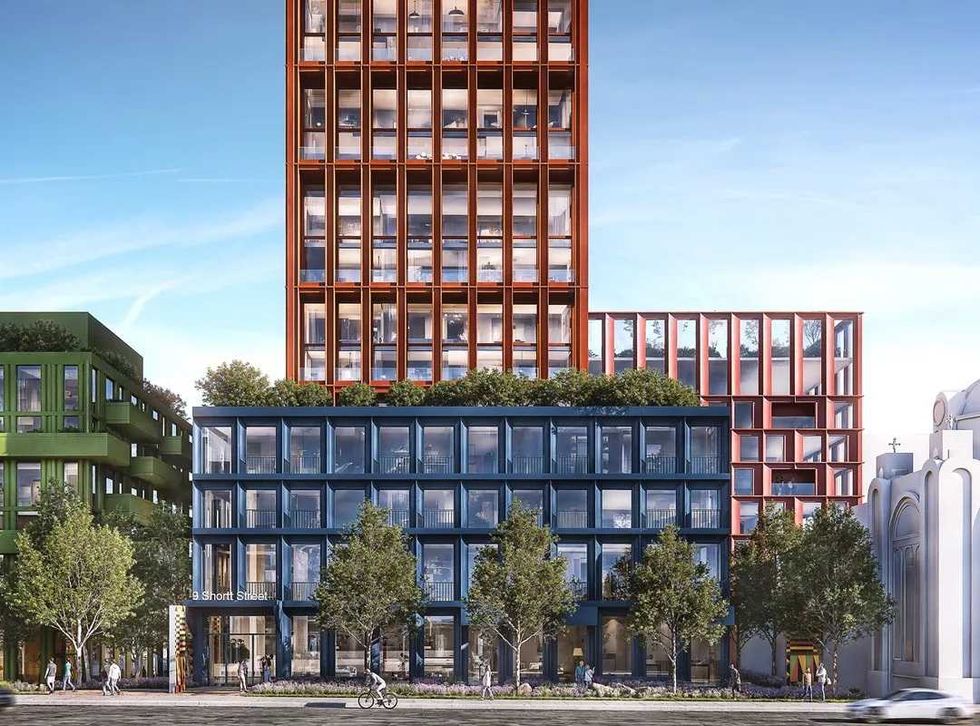 Rendering of 9 Shortt Street/CreateTO, Montgomery Sisam
Rendering of 9 Shortt Street/CreateTO, Montgomery Sisam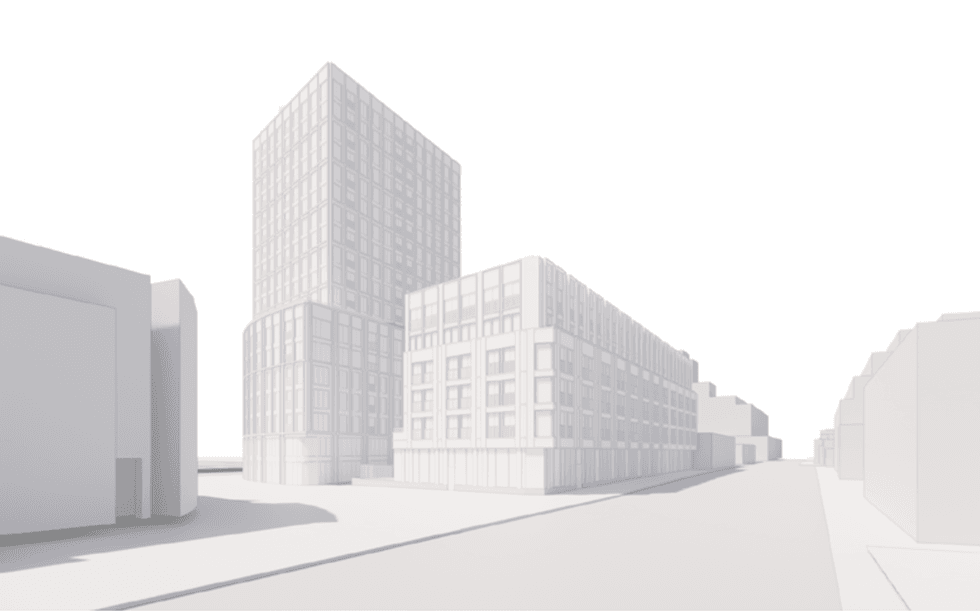 Rendering of 1631 Queen Street/CreateTO, SVN Architects & Planners, Two Row Architect
Rendering of 1631 Queen Street/CreateTO, SVN Architects & Planners, Two Row Architect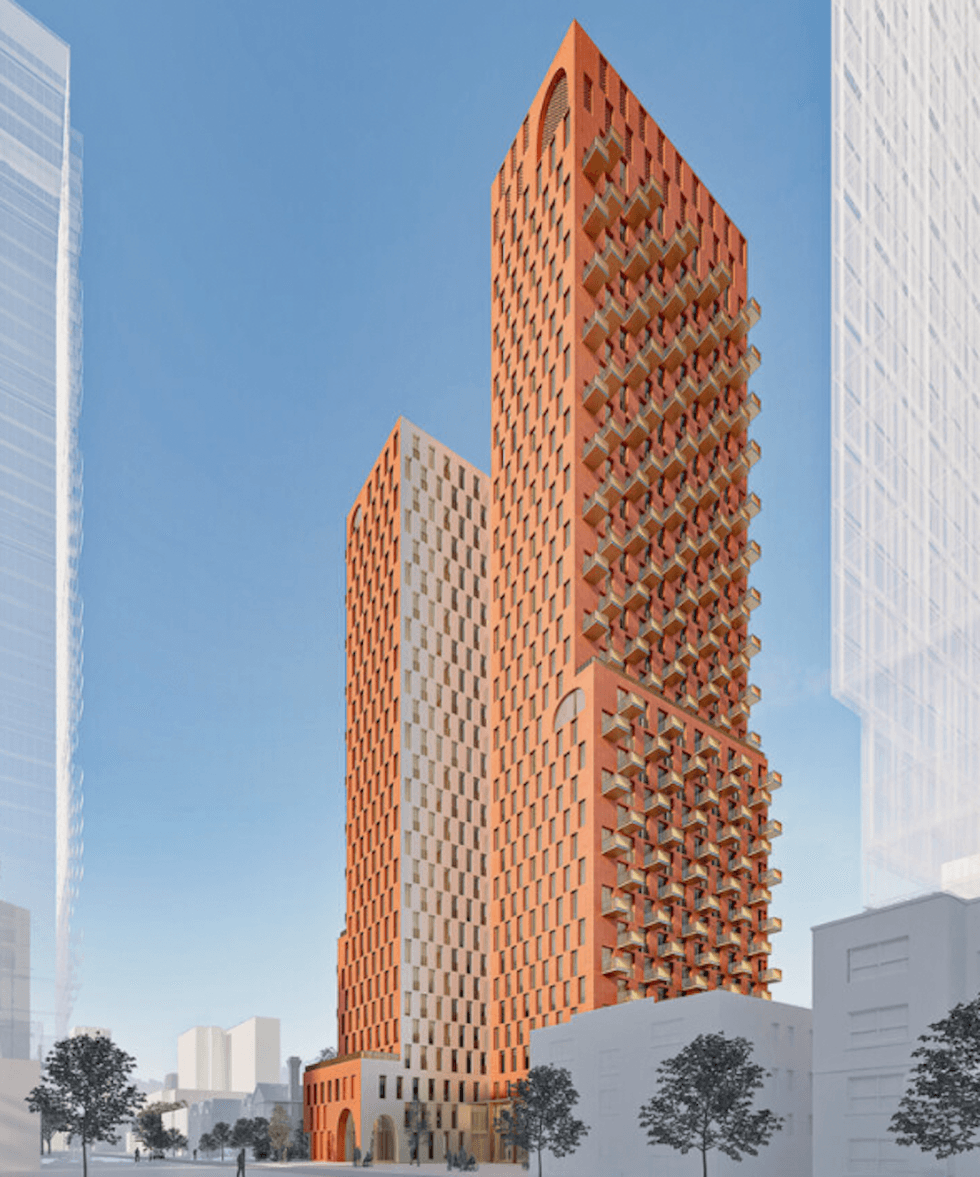 Rendering of 405 Sherbourne Street/Toronto Community Housing, Alison Brooks Architects, architectsAlliance
Rendering of 405 Sherbourne Street/Toronto Community Housing, Alison Brooks Architects, architectsAlliance

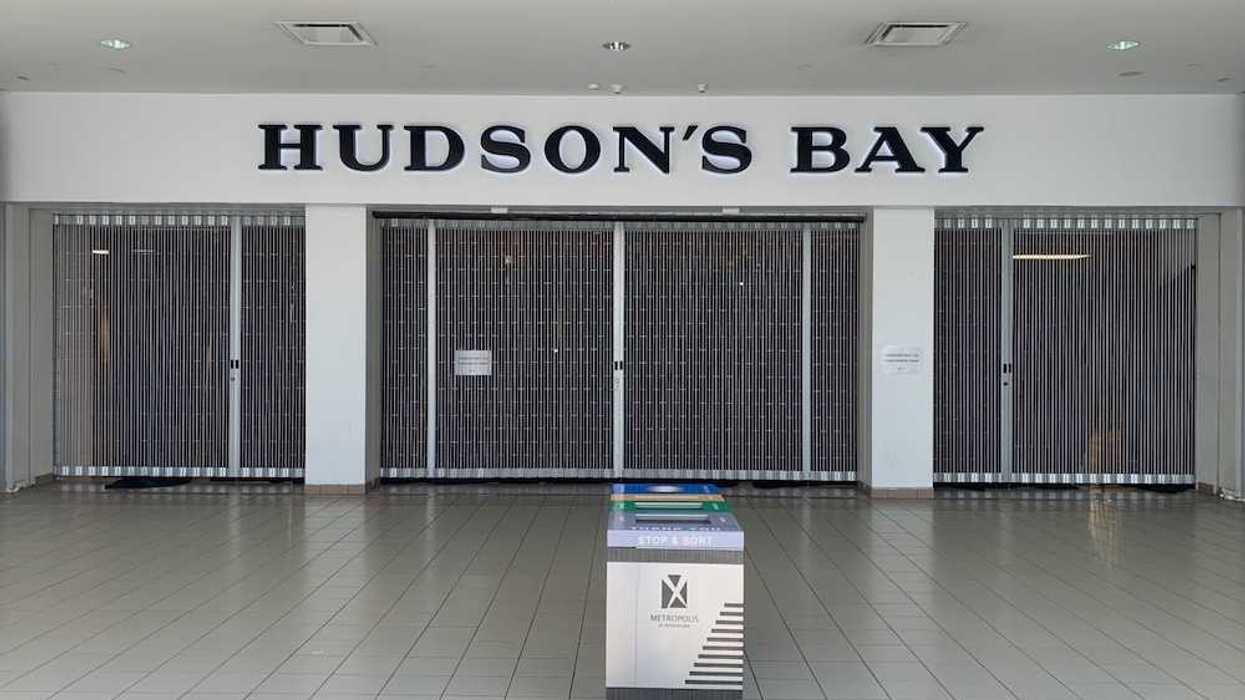
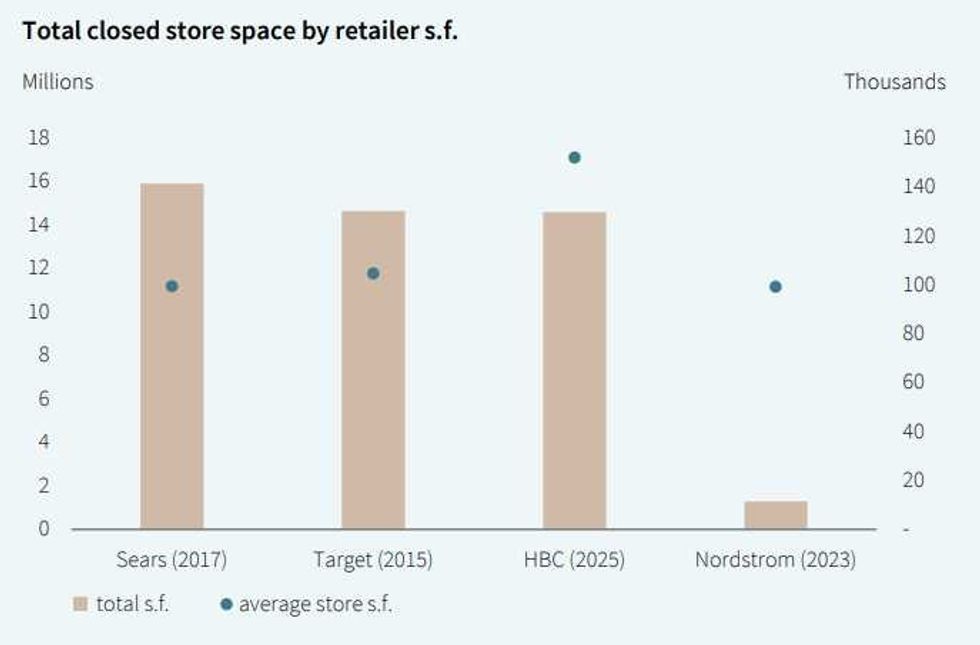 Hudson’s Bay vacated about as much space as Target did in 2015. (JLL)
Hudson’s Bay vacated about as much space as Target did in 2015. (JLL)